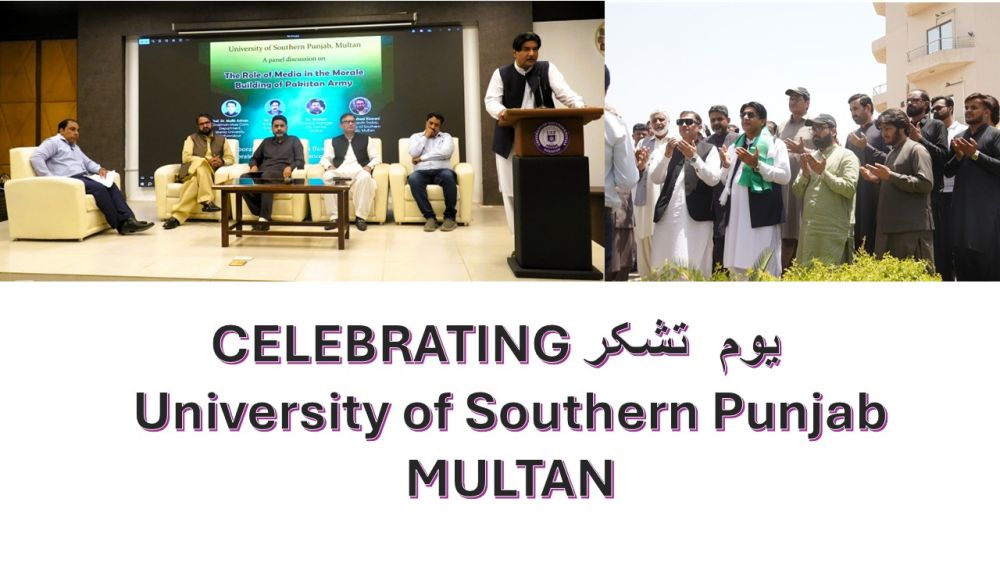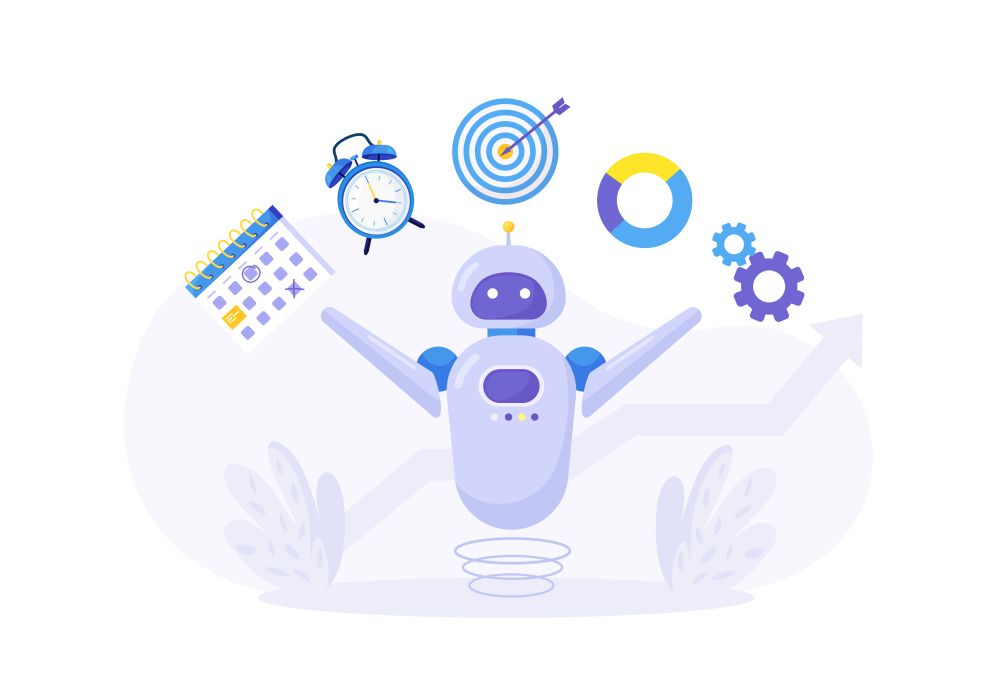195/25 UNESCO’s Coaction Initiative 2025: How Global Collaboration Is Reinventing Skills for the Future
Posted 4 months ago
Reference for the above banner is available at:
In today’s volatile global economy, one word dominates every conversation about the workforce: SKILLS. Businesses can’t find the talent they need. Young people struggle to match their education to fast-changing job markets. And educators are under pressure to keep their programs relevant in a world shaped by artificial intelligence, sustainability imperatives, and shifting economic realities.
Against this backdrop, UNESCO’s UNEVOC Network Coaction Initiative 2025 is quietly but powerfully reshaping the global skills landscape. Now in its fourth edition, this initiative doesn’t just connect technical and vocational education and training (TVET) institutions across continents - it pushes them to co-create solutions that bridge the gap between classrooms and careers.
Worth noting here is that the National Skills University Islamabad from Pakistan participated in two of the four initiatives. 1) “Future Foresight Institutional Capacity for Post COVID-19 World” and 2) “Capacity Building on Digital Transformation in TVET” during the years 2022 and 2023 initiatives.
Funded by Germany’s Federal Ministry of Education and Research, Coaction has grown into a platform of 245 UNEVOC Centres in 152 countries, making it the most extensive collaborative experiment in vocational education today. But unlike many international programs, Coaction isn’t about lofty declarations. It’s about rolling up sleeves, building tools, and testing them in real contexts, from Nairobi to Ljubljana, Colombo to Nottingham.
The 2025 cycle features four projects, each addressing a different challenge in global skills development. Together, they highlight how collaboration, innovation, and foresight can transform education into an engine of economic resilience.
Mapping the TVET-industry ecosystem: a methodology for identifying innovative partnerships between TVET institutions and workplaces
The persistent challenge of the 'skills mismatch' is a pressing issue that both educators and employers find frustrating. Students are graduating with certificates, yet industries are voicing concerns that they are unprepared for real jobs. This urgent issue demands immediate attention and action.
University of Nottingham and partners from South Africa, Australia, Jamaica, and Chile are tackling this mismatch head-on. Their project aims to create a modular mapping tool that TVET institutions can use to systematically identify, analyze, and engage with local industries.
Think of it as a GPS for partnerships. Instead of institutions guessing what employers want, they’ll have a structured way to chart the entire ecosystem, who’s hiring, what skills are needed, and how best to collaborate.
The impact? Over 100 managers, curriculum designers, and industry liaison officers will be equipped to realign training with workplace realities, ensuring students graduate with skills that matter. In a time when industries are reinventing themselves almost every decade, this project could be the difference between educated unemployment and job-ready talent.
ASSET: Democratizing AI for Educators
Artificial intelligence is no longer a futuristic concept, it’s the infrastructure of tomorrow’s economy. Yet for many regions, integrating AI into education is hampered by limited resources and patchy internet.
Enter ASSET (AI for Skills, Sustainability and Training), led by Germany’s Handwerkskammer Ostwestfalen-Lippe and partners in Mauritius and Sri Lanka. The project is building a browser-based, multilingual, self-learning course for teachers that works even in low-bandwidth settings. Using LiaScript, an open-source tool, ASSET allows teachers to upskill themselves in AI literacy while embedding sustainability into the process.
More than 60 educators are directly involved, but the potential ripple effect is far larger. By creating a global community of practice, ASSET turns teachers into multipliers spreading AI awareness across classrooms, institutions, and countries.
Practically speaking, the ASSET project is future-proofing teacher training. It ensures that educators, even in regions with limited infrastructure, will not be left behind in the AI revolution. This project holds the promise of a future where AI literacy is widespread in education, fostering a sense of hope and optimism.
Strengthening dual training by increasing private sector engagement and industry stakeholders' capacity building in Kenya
If Europe has proven anything, dual training systems where students split their time between classrooms and workplaces dramatically increase employability. However, these systems face a unique hurdle in Africa: weak private sector engagement.
Kenya’s Rift Valley Technical Training Institute, working with universities and vocational centres in Ghana, Namibia, and Rwanda, is rewriting that narrative. Their project blends workshops, mentoring programs, and industry forums to bring businesses to the table as true partners in dual training.
Over 218 participants, including trainers, trainees, and company staff are already engaged. The initiative ensures that training content isn’t just theoretical but directly aligned with market demand. For employers, this means a pipeline of skilled workers. For students, it means better job prospects. For economies, it means less friction between education systems and labor markets.
This project reframes private sector engagement from “optional” to “indispensable.”
Innovating TVET for regional development: Fostering regional excellence through makerspaces
Innovation doesn’t emerge from textbooks alone it thrives where people can tinker, test, and co-create. That’s the philosophy behind the Makerspace Network, led by Slovenia’s Šolski center Nova Gorica with partners in Mauritius and Cambodia.
This project is building a cross-regional innovation network of makerspaces where students, teachers, and industry mentors tackle local challenges using AI and sustainability principles.
The idea is simple but powerful: give people the tools, mentorship, and space to experiment, and they’ll produce solutions you never imagined. From AI-powered European prototypes to sustainable tourism initiatives in Asia, the Makerspace Network is already proving its potential.





